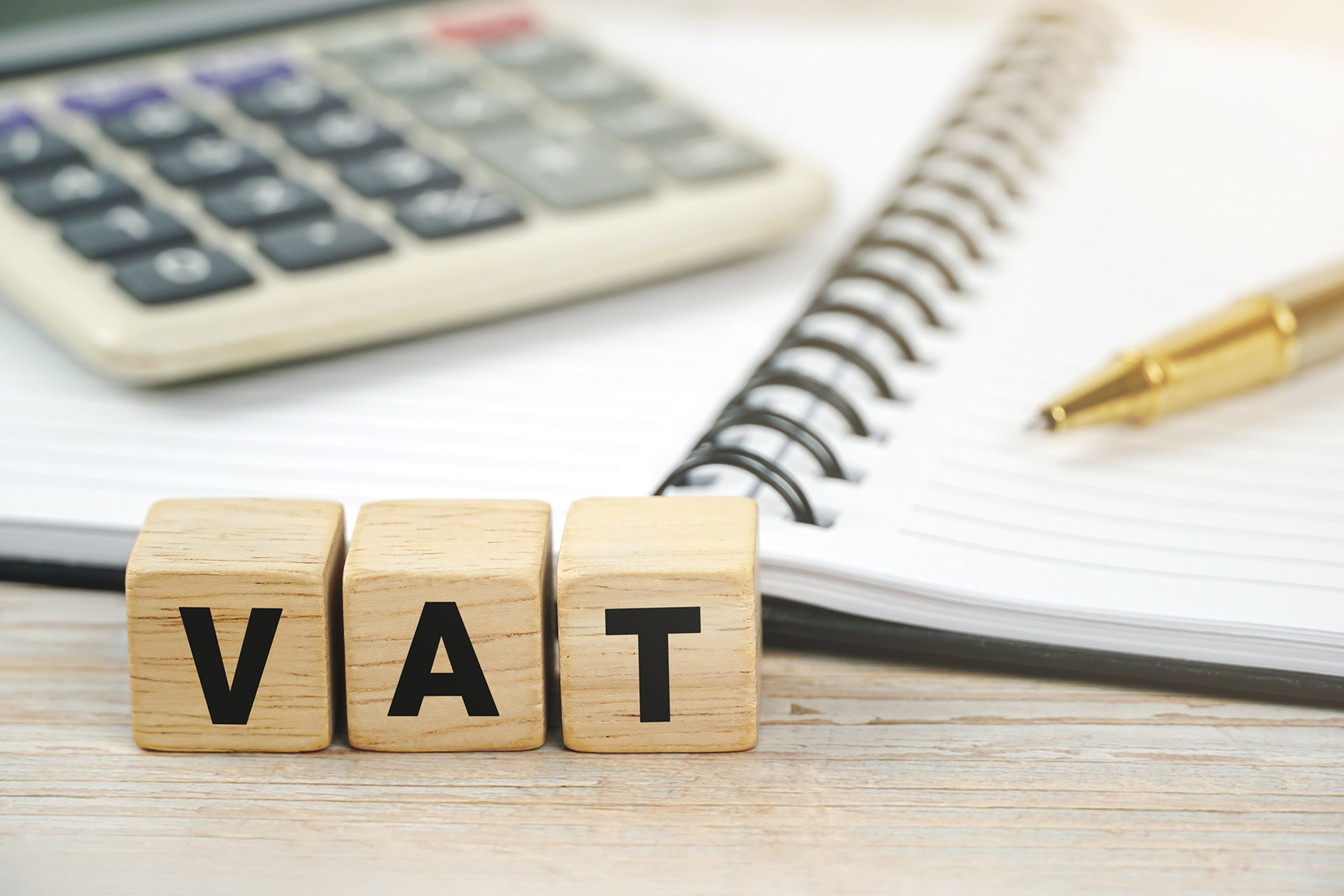While UAE VAT legislation is about complete its 5th year since its implementation back in 2018, the Ministry of Finance introduced a major revision to the original VAT legislation (by issuance of Federal Decree-Law No. 18 of 2022). The proposed changes are effective 1 January 2023. The revised legislation have minor amends to various articles among further additions of articles. Some of the major updates in the legislation are as under:
- 100% Exporters (eligible to avail VAT registration exceptions)
The current provisions of the VAT legislation did allow an exception from VAT registration and compliance where the supplies are only subject to the zero-rated. Under the new amendment the same benefit has been extended to the business e who registered previously for VAT and were unaware of such benefit. Effective from 1 January 2023 the registered business will also be eligible to apply for the exception and avail of this benefit.
- Statute of Limitation
Generally, the FTA can conduct a Tax Audit or issue a Tax Assessment within 5 years timeframe from the end of the relevant Tax Period (monthly/quarterly)., Under the amended legislation the condition of 5 years have been overruled and the FTA can conduct a tax audit or issue a Tax Assessment even after 5 years from the end of the relevant tax period subject to the taxpayer has been notified before the expiration of the 5-year period and the such audit shall be concluded within 4 years from the date of the notification.
- Limitation to filing Voluntary Disclosure
The legislation now restricts a Taxable Person to file for Voluntary Disclosure after the lapse of 5 years from the end of the relevant Tax Period.
- Extension to Statue of Limitation attached to Voluntary Disclosure
Upon the submission of Voluntary Disclosure by Taxable Person in the 5th year (from the end of the relevant Tax Period) the timeframe to conduct a tax audit will be extended to an additional 1 year.
- Tax Evasion / non-registration
The authority may conduct Tax Audit and/or issue Tax assessments within 15 years from the end of the Tax Period in which the tax evasion occurred or if the person failed to complete VAT registration (as required in the legislation).
- Tax Invoice and Tax Credit Note Issuance timeline
The legislation now mandates that the Registrant must issue a Tax invoice (continues or non-continuous supplies) and Tax Credit Note within 14 days from the date of supply or required.
Previously the 14 days rule was appliable only for non-continuous supplies (Article 25 of the Decree-Law)
- Additional compliance for input credit on import of service
Many businesses pay for services to overseas service providers on the basis of agreements without requiring the service providers to issue an invoice. As per the recent changes in the VAT laws, for import of services, input credit could only be recovered if the taxpayer receives and retains invoices in accordance with the VAT laws.
Further to learn how the amendment in legislation affects your VAT compliance reach us as: taxation@affiniax.com
Written by Jilal Ahmed








